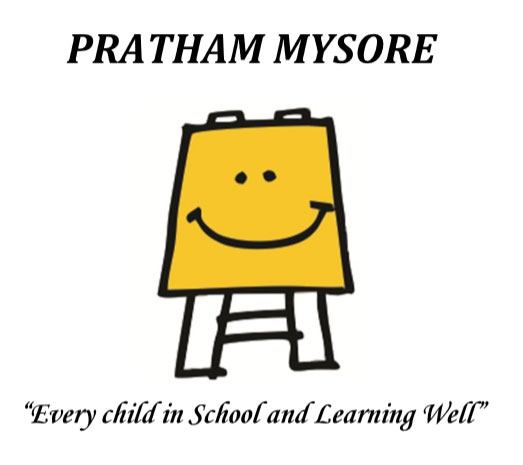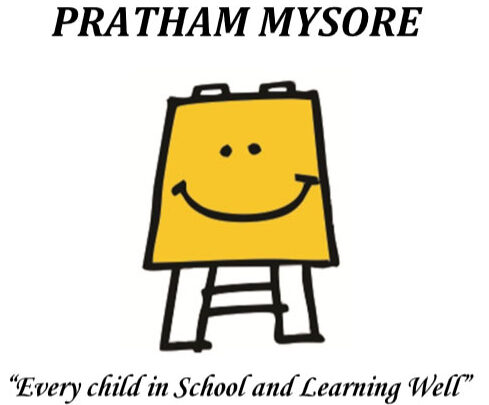Scheduled Tribes Welfare Department (STWD) is managing 119 Ashrama Schools across Karnataka having about 39 numbers 1stto 7th standard institutions, one no. of 1to 10th and the remaining 79nos. of 1st to 5th standard schools having a total strength of 11242 students belonging to ST community. Most of the schools are catering to primitive community those who are forest dwellers and all these children are first generation children.
“The highest priority of the education system will be to achieve universal foundational literacy and numeracy in primary school and will become relevant for our students only if this most basic learning requirement (i.e., reading, writing, and arithmetic at the foundational level) is first achieved
- The concept of establishing Ashrama residential schools is for the promotion of quality primary and secondary education to these children and also to ensure all round development of tribal students in all areas and enabling growth.
- Ashrama Residential Schools are established to become Centre of Excellence for education for ST and PVTG students.
- The schools are aimed to provide quality primary, upper primary, secondary level education to ST and PVTG students in tribal dominated areas, along with extra-curricular activities, to enable them to access the best opportunities in education and to bring them at par with the general population.
- The early Childhood Care and Education focus on providing children with a well-rounded with 21st century skills by incorporating creative, experimental learning approaches to strengthen foundational skills Literacy and Numeracy and computational skills with play-based learning experience. It’s not just about textbooks and lectures – it’s about engaging children through activities like storytelling, singing, art and craft, games, sports, and even outdoor adventures that connect them with nature.
Dedicated infrastructure for setting up Centre of Excellence for education with all related infrastructure (buildings, equipment’s etc.) will be supported. This Centre of Excellence will have specialized state-of-the-art facilities be as follows: –
- Focus on critical thinking, enquiry, discovery, discussion and analysis based teaching and learning methods for holistic approach.
- Interactive classes: – Interactive teaching with reduced dependency on text books learning, questions from students will be promoted.
- Experimental learning; – fun, creative and exploratory activities in classroom for experimental learning and deeper student
Implementing technics like digital, experimental pedagogy, learning the importance of skills like creativity, collaboration, problem solving and ways to integrate them in classroom make fun and creative class room environment for teaching –learning and integrating coding or computational activities to teach science and mats etc.
By establishing smart class and providing teaching and tools in Ashrama schools will help increase the learning skills in the following ways: –
Students Perspective: –
- It will support students who are struggling with fundamental literacy and numeracy skills.
- By implementing remedial education programs ensures that every child receives necessary assistance so that no one gets left behind, giving all students an equal opportunity to succeed.
- Students will learn through inquiry based and project based approaches that enhances overall logical thinking skills of students.
- Students learn how to think critically, be creative and solve problems.
- Students will understand world of computer science through simple, fun-filled hands-on activities
- Students will confidently use open-secure digital platforms to create computing artifacts (graphics, animations and stories etc.) around curricular and other relevant topics
- Students will work in teams to develop their projects, find out solutions for given problems etc.
- Students overall learning outcomes may have positive impact as their logical reasoning & problem-solving abilities improve.
Teachers perspective: –
- Make the education system better and more accountable by encouraging teachers to keep learning and improve their skills, making the assessment and evaluation system better, and setting up a National Testing Agency to run standard tests.
- Emphasizes the need for education to be closely aligned with the needs of the economy and society and aims to promote interdisciplinary and applied learning as well as entrepreneurship and innovation.

